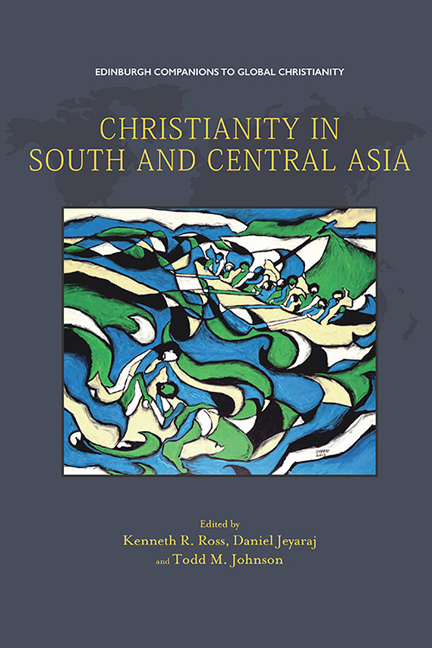Pakistan
Published online by Cambridge University Press: 30 April 2020
Summary
Pakistan, later the Islamic Republic of Pakistan, became an independent state on 14 August 1947, a date that resonates with neighbouring India as it became independent a day later. The new nation included both West and East Pakistan (now Bangladesh). The inception and eventually the birth of this country came about on the basis of ideals advocated by Muhammad Ali Jinnah, stemming from the famous Two-Nation Theory. This is based on the idea that religion, above language or ethnicity, is the main denominator identifying and unifying Muslims in the subcontinent, and therefore Hindus and Muslims are two distinct nations. The rights of minority groups and the need for religious freedom were part of the argument to separate from India and carried into the establishment of Pakistan as a nation. As Jinnah stated, in his presidential address on 11 August 1947, ‘You are free; you are free to go to your temples, you are free to go to your mosques or to any other place of worship in this State of Pakistan’. In terms of territory, the area that is demarcated as Pakistan today had an overwhelmingly Muslim majority and came into being after a violent struggle following Partition in which Muslims, Hindus and other communities moved between India and the newly formed Pakistan.
The country's abundant natural resources contrast with meagre economic and educational provision. Pakistan has a strong agricultural economy, being among the world's top 10 producers of wheat, cotton, sugarcane, mangoes, dates and oranges. It is thirteenth in rice production. It has beautiful landscapes, including the world's second-highest mountain, K2, which attract many tourists. Nonetheless, the United Nations Development Programme reported in 2016 that out of every 10 Pakistanis, four live in multidimensional poverty. The World Bank estimates that almost a third of Pakistan's citizens are poor, while gross domestic product (GDP) per capita is a mere US$1,434.69 per annum. Related to this, 42% of girls in Pakistan are married before they reach 18 years of age. Terrorism is a major scourge, with more than 1,000 terrorist attacks being recorded annually.
Christian Community, Islamic State
Though numerically a minority, Christians have played a significant role in the development of Pakistan.
- Type
- Chapter
- Information
- Christianity in South and Central Asia , pp. 107 - 118Publisher: Edinburgh University PressPrint publication year: 2019



